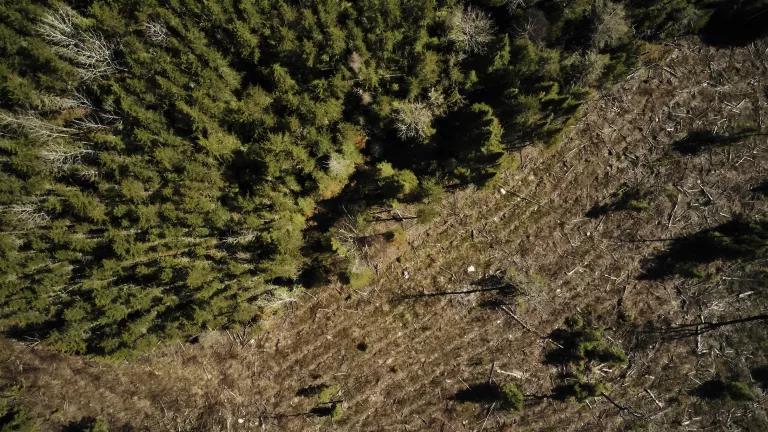Confirmation of John Kerry as new Secretary of State heralds in new decision-maker on Keystone XL tar sands pipeline
The U.S. Senate has now confirmed Senator John Kerry as the next Secretary of State. One of the highest profile climate decisions he will face is whether to permit the northern segment of the Keystone XL tar sands pipeline from Canada to the United States. Before making that decision, however, the State Department must continue with the next step of permitting process which is the release of the highly anticipated draft environmental review for the pipeline. This review must consider the impacts of the pipeline to air, land, water, and climate while also considering whether the pipeline is in the national interest. And while Senator Kerry has not taken an official position on Keystone XL he has already committed “to leave no question unanswered including every possible economic and environmental consideration before a final decision is made.” This commitment is one of the most important things that Secretary of State Kerry can do: ensure we understand the impacts of the pipeline on our environment, our climate, and our national interest.
The draft environmental review for the northern segment of the Keystone XL tar sands pipeline is significant because it helps determine whether the pipeline is in the national interest. Recently, NRDC and its partners put out a checklist of the five key things the State Department could do to ensure an accurate understanding of the pipeline’s environmental and safety issues as well as its true role as an export pipeline.
Moving ahead with the Keystone XL tar sands pipeline would not only enable the reckless expansion of the tar sands industry but also will cause significantly more carbon pollution than originally estimated. In previous environmental analysis, the State Department has said Keystone XL would not have an impact on global greenhouse gas emissions. This defective analysis gives false impression the pipeline has no climate consequences.
But recent analysis and research shows the Keystone XL tar sands pipeline is an integral part of industry’s plan to realize its plan to nearly triple tar sands production by 2030 which will lead to a major increase in carbon pollution. The climate consequences of tar sands growth are troubling. Tar sands emissions are projected to double within the next decade and are the main reason why Canada is on track to fail to meet its climate emission reduction targets.
Senator Kerry has been a champion on the issue of climate and we do not doubt he is committed to ensuring a strong evaluation of the impacts of this pipeline. He has said: “In the end, the question is not whether we’re going to pay for climate change. We’re already paying for it. The real question is whether we walk a path that addresses it now in a responsible way and that also helps us break humanity’s addiction to oil, cleans up our environment and creates jobs — or whether we suffer the consequences later on a massive, unpredictable scale in the form of environmental devastation, conflict, famine, poverty and reduced economic growth for decades to come.”
We look forward to working with Secretary Kerry on a robust review of these important issues. As NRDC's President Frances Beineke said,
“In nearly three decades in the U.S. Senate, John Kerry has distinguished himself as a champion for action against climate change, an advocate for the international cooperation we need to protect the natural resources of a changing world, and a visionary promoter of American jobs in the fast-growing market for clean energy worldwide.
At a time when neither conflict, economic uncertainty nor environmental disaster respect international borders, our nation’s top diplomat must advance American interests by helping to create a more peaceful, prosperous and sustainable world. We take great confidence in Kerry's record of commitment and achievement and we look forward to working with him and his team.”


